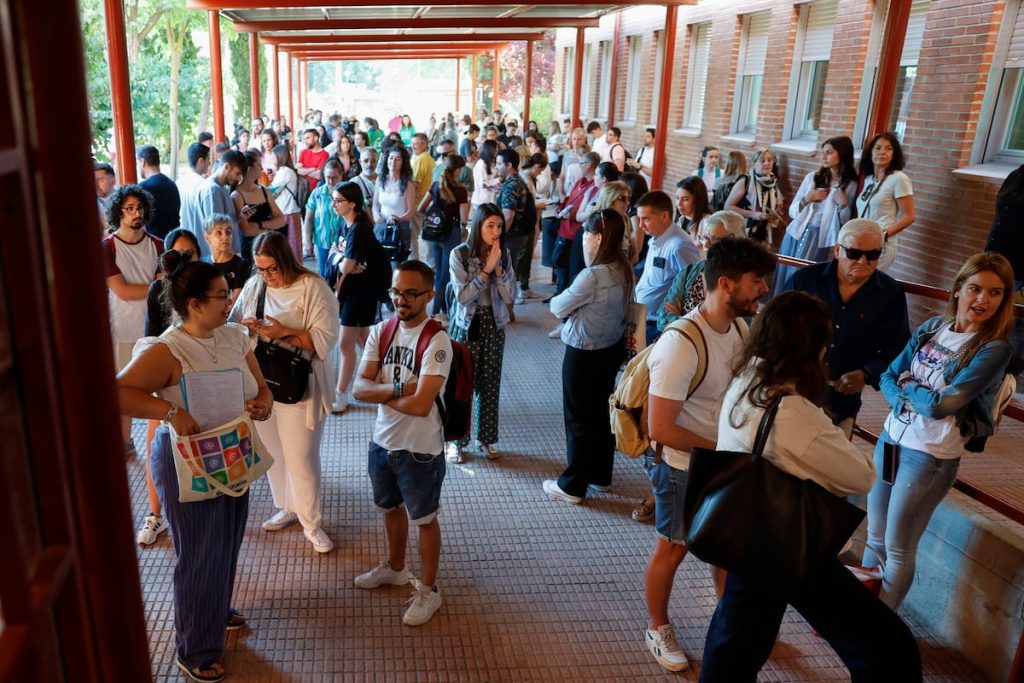In the post-pandemic era, amid digital acceleration and a decade without teacher reforms, there are increasing concerns about a shortage of teachers in Spain. The international context justifies these doubts, with many countries expanding early childhood and post-secondary education levels, leading to the need for more hires and higher salaries. The issue of teacher dropout is also rising, with the UNESCO reporting a doubling in the rate of teacher dropout in less than a decade. This phenomenon is also seen in developed countries, driven by the pandemic, changing family demands, and the increasing complexity of the profession.
In addition to these factors, a polarized labor market is drawing top candidates away from teaching towards more demand and higher paying professions in computing, technology, and science. Subjects like mathematics, which used to have an oversupply of teachers, now have some of the highest entry requirements after medicine. This competitiveness has shifted many math graduates towards tech companies and large corporations where salaries start off similar to teaching but quickly escalate, offering a more promising career path than teaching.
Further challenges faced by teachers include increasing bureaucratic burdens, stagnant salaries over the past 15 years, a new wave of migration requiring additional effort towards inclusion in schools, and working with more diverse classrooms due to a reduction in grade repetition. These challenges have led to a growth in corporate unions over class-based unions, with morning sessions in infant and primary education becoming a major point of contention. Despite these obstacles, Spain is currently at a historical high in the number of teachers, with promising trends in new graduate numbers, indicating that there may not be a systemic teacher shortage in the country in the short to medium term.
While the teaching profession faces various challenges that may impact the quality of incoming teachers, Spain still offers higher salaries compared to other university graduates. Teachers in the public school system also enjoy favorable work conditions, allowing for flexible schedules and holidays. The demand for new teachers is likely to only replace retirees rather than create a deficit in the near future. The exhaustion felt by teachers is genuine, but the attractive labor conditions in the profession suggest that it may not lead to a mass exodus from teaching.
There may be localized shortages of teachers in certain disciplines at the secondary and vocational levels, leading to potential adjustments in entry barriers to such subjects. However, the teaching profession as a whole is not at risk. The real danger lies in the potential decline in quality of education if the focus on teacher shortage overshadows efforts to improve the professionalism and training of teachers. Rather than simply hiring more teachers with lower salaries as a quick fix, investing in attracting and retaining high-quality educators through better pay and incentives is crucial for enhancing the overall quality of the education system in the long term.


